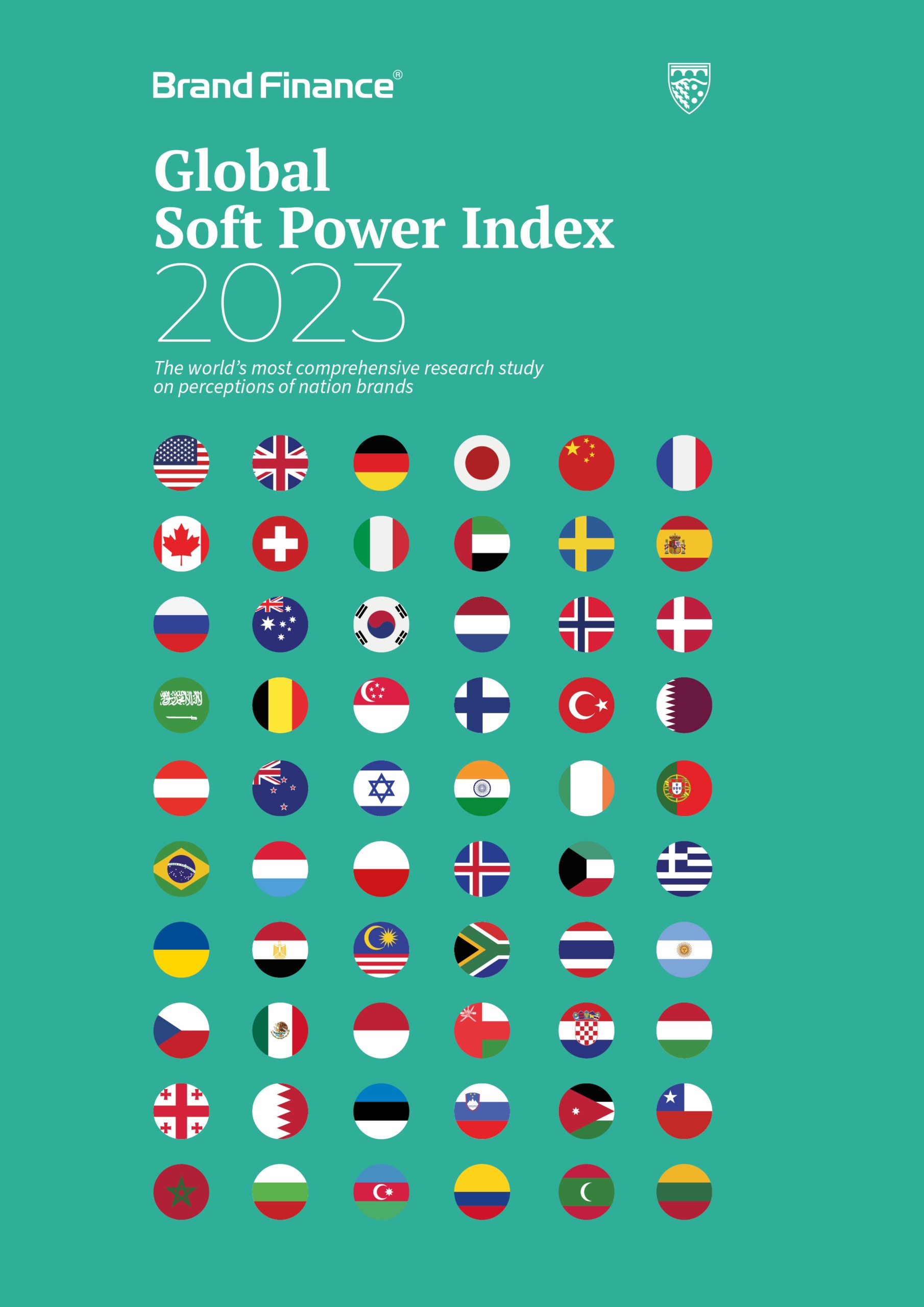This article was originally published in the Global Soft Power Index 2023.
Soft Power increases the trust and attractiveness that people around the world feel for a particular country, forging positive connections and a sense of admiration and respect that no hard power or indeed money can buy.

Director of the Foreign Press Association in
London and the UK
Correspondent at Il Giorno
For many years, Britain has had a strong Soft Power advantage, ranking right up there with most leading liberal, capitalist democracies, such as Germany, the US, and Japan. Thanks in part to the dominance of the English language, it has been able to reach around the world at a truly granular level, impacting a vast number of individuals in a way that no foreign policy could ever do. The Commonwealth has also maintained British influence around the world in its former colonies, with 56 countries keeping alive the links of the past to British sovereignty.
However, Brexit has changed all that. Following the 2016 referendum, Britain has often been characterised as a less friendly, more hostile country, and it needs to do something to change that before the benign legacy of the past completely evaporates.
International competition is also increasing and, while the UK is still polling well – in the Global Soft Power Index and other rankings – it faces considerable challenges by a host of other forward-thinking, “friendlier” countries.
This is therefore the time when the UK should ramp up its Soft Power engagement. It is the perfect year to capitalise on the potential goodwill that the first coronation in over 70 years – that of King Charles III – can stimulate all around the world. But bizarrely, what it is doing instead is cutting investment in its own media and wilfully ignoring the international press. We hear almost daily reports from Foreign Press Association members of their difficulty in accessing the corridors of power, flat refusals to give interviews to even the most prestigious foreign papers and broadcasters… a problem rarely encountered anywhere else in the world. The insularity which Britain has often been accused of displaying is now in full view.

Recent cuts have seen the BBC Arabic service close after 85 years of service, leaving a gaping hole in the region – and a substantial Soft Power loss – which others, less benign, are no doubt eager to fill. The public broadcaster, revered by millions across the world, has seen its overall reach significantly reduced in the last year, both at local and national level. And the threats to sell off Chanel 4, now thankfully aborted, have reverberated around the globe with a chilling effect. There is also negligence, by this government and other institutions, in the lack of interaction with international media, a key stakeholder in the whole promotion of positive image through Soft Power.
This means missing a trick – and an easy, cheap one at that. While billions are being spent on defence, Soft Power is being bled dry through a thousand small cuts or refusal to engage, which arguably make little sense budget wise but result in a reputation damage worldwide. An avoidable and tragic loss of invaluable goodwill that is difficult to justify.
The divorce from the EU, the recent political turmoil, a crisis of leadership and an arguably diminished competence in many spheres (economy, health, education etc.) give the impression of a system at breaking point. And without investment and positive engagement with both national and international media, the UK risks projecting an image of a declining nation rather than the one it wishes to promote.

